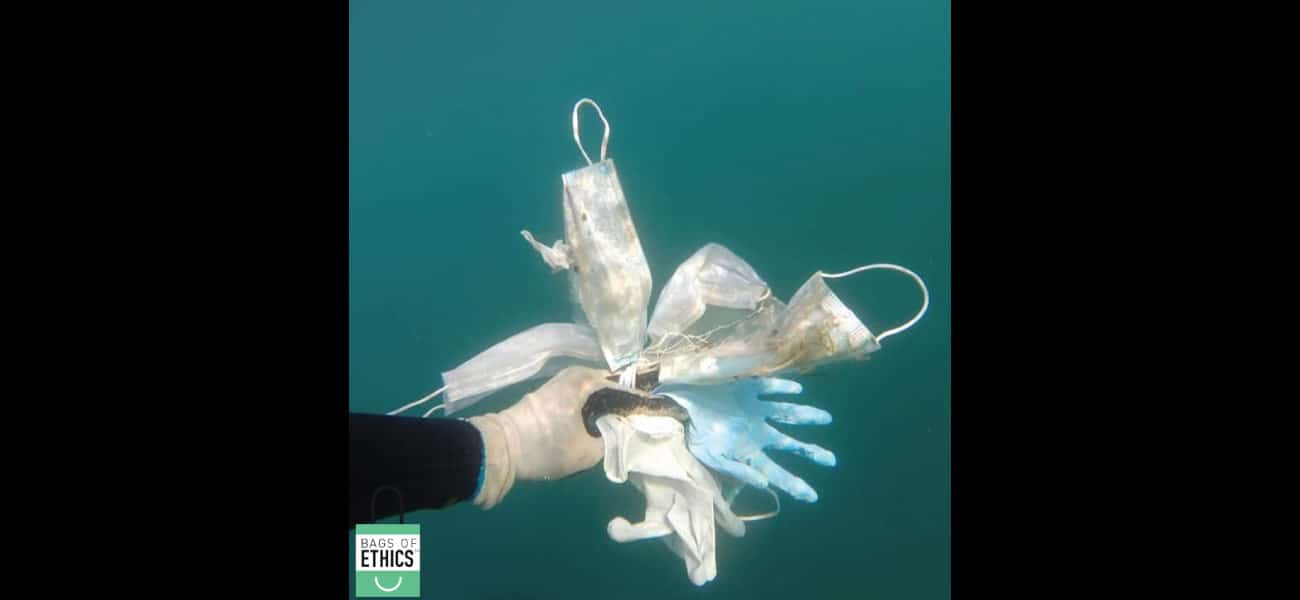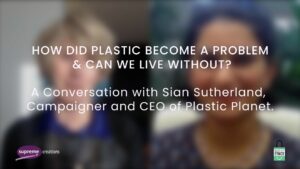The Economist – “COVID-19 has led to a pandemic of plastic pollution”
The Economist released an article on Monday which explains the severity of the environmental impact of the COVID-19 pandemic. Whilst millions have been affected by the deadly virus, the environmental impact has also been enormous. The banks of the river Thames can now be found littered with latex gloves, a sign of the times, says ‘Lara Maiklem, a London “Mudlark”’. It’s not just gloves, the beaches of Hong Kong have been littered with surgical facemasks. Gary Stokes in February found “what he documented that day made news across Hong Kong: 70 surgical facemasks on a 100-metre stretch of beach. Having cleaned it up, he went back four days later. Like a stubborn weed, the masks had returned.” The article explains that the planet “is awash with plastic”. “For example, consumption of single-use plastic may have grown by 250-300% in America since the coronavirus took hold, says Antonis Mavropoulos of the International Solid Waste Association (ISWA), which represents recycling bodies in 102 countries. Much of that increase is down to demand for products designed to keep covid-19 at bay, including masks, visors and gloves. According to a forecast from Grand View Research, the global disposable-mask market will grow from an estimated $800m in 2019 to $166bn in 2020.”
This is a vast increase in plastic consumption, and one that our already plastic filled planet will struggle to cope with. The article also states that “Lockdowns have also led to a boom in e-commerce. In March, as parts of America and Europe shut up shop, some 2.5bn customers are reckoned to have visited Amazon’s website, a 65% increase on last year. In China, more than 25% of physical goods were bought online during the first quarter of the year, according to the Peterson Institute for International Economics, a think-tank in Washington, DC.” With online shopping comes with an increase in plastic packaging, with companies like Amazon using far more than is necessary, increasing the amount of single-use plastic that is being thrown into our bins each day. Even fast food adds to the problem. “First-quarter sales at Uber Eats, one of America’s biggest restaurant-delivery apps, for example, rose by 54% year on year. Every extra portion of curry, or pot of garlic dip, means more plastic waste.”
The pandemic has also affected our plastic consumption in other ways. “For one, the pandemic caused a crash in the oil price. Because petroleum is a major constituent of most plastics, they became cheaper to produce, says David Xi of the University of Warwick. That in turn gave firms less incentive to use the recycled stuff. But the growth of plastic rubbish is mainly caused by the fact that municipalities around the world have curtailed their recycling schemes.” And the extent of the environmental impact is still largely unknown. “We are only just starting to understand the potential impacts of nanoparticles and the way in which they can penetrate into living cells in marine organisms as well,” says Dan Parsons, director of the Energy and Environment Institute at the University of Hull. “Plastic nanomaterials released into the environment could be the asbestos of the seas.”
It has been suggested that the COVID-19 crisis has caused the public to revert to previous blasé attitudes about their use of plastic, something which could be detrimental to the planet.
At Bags of Ethics we are intent on managing this crisis, and producing products that are reusable, and beneficial to both people and planet. Our reusable face coverings help reduce the consumption of single-use plastic masks, aiding the efforts to keep our oceans clean. To find out more visit https://bagsofethics.org/.
Original article: https://www.economist.com/international/2020/06/22/covid-19-has-led-to-a-pandemic-of-plastic-pollution





